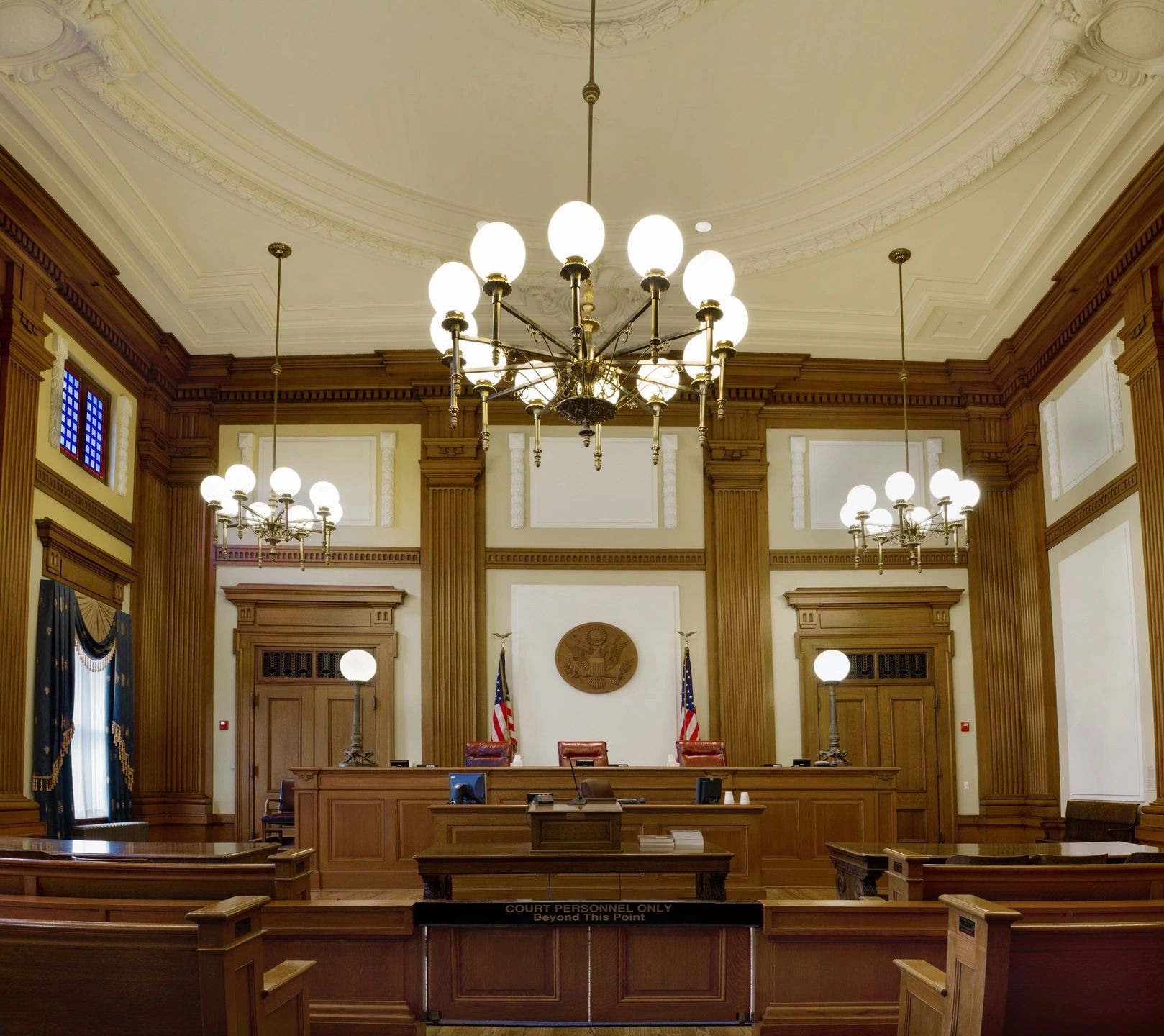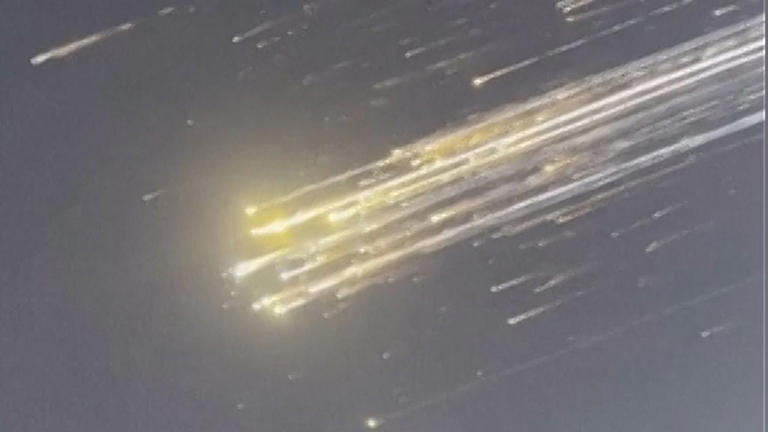Three national Indigenous leaders argue that Indigenous Peoples must be central to discussions on how Canada should respond to incoming U.S. President Donald Trump’s threats of tariffs and challenges to Canada’s territorial sovereignty.
National Chief Cindy Woodhouse Nepinak, Inuit Tapiriit Kanatami President Natan Obed, and Métis National Council President Victoria Pruden emphasized this position during a meeting with Prime Minister Justin Trudeau on Wednesday morning.
However, the same leaders were excluded from a subsequent meeting with provincial premiers—a decision Obed criticized as reflecting a “regressive imagination” of Canadian governance.
“If we’re trying to unite against an external threat, the idea that provinces, territories, and the federal government are the sole components of governance in this country is outdated and wrong-headed,” Obed told The Canadian Press on Thursday. He noted that the premiers themselves decided to exclude the Indigenous leaders, despite Trudeau’s advocacy for their inclusion.
Trump has threatened to impose 25% tariffs on all Canadian goods entering the U.S. on his first day in office next week and has made inflammatory comments suggesting Canada could become the 51st U.S. state. He has also floated the idea of annexing Greenland, part of the Inuit homelands.
Obed, whose organization is a member of the Inuit Circumpolar Council representing Inuit in Canada, Alaska, Greenland, and Russia, said the Inuit have historically mobilized during such challenges to support one another. He anticipates close collaboration with Greenlandic and Alaskan Inuit to present a united front.
“We are ready to play as significant a role as possible in Canada-U.S. relations to articulate Canada’s positions,” Obed said. “From a diplomatic perspective, we want to ensure that the Government of Canada takes this threat seriously and that our interests are fully represented.”
Woodhouse Nepinak called Trump’s rhetoric “outlandish” and “disrespectful,” emphasizing that Indigenous territorial rights on both sides of the border are recognized by international law and predate the establishment of both nations.
“First Nations lands hold the key to much of Canada’s wealth, including critical minerals and energy resources pivotal to domestic prosperity and trade with the United States,” she said in an interview.


